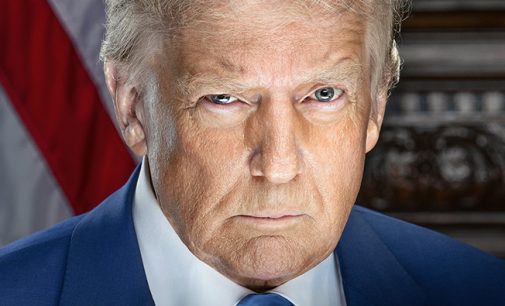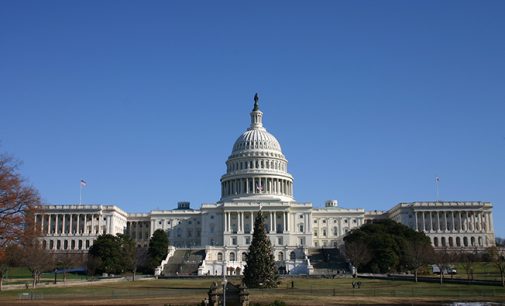Advisors do more than plot portfolios. They calm nerves, making them frontline warriors against volatility panic, turning “what if” into “we’ve got this.”
Tag "fiduciary"


For ERISA fiduciaries, the challenge is clear: move beyond the default, and design a 401k plan that truly serves the diverse needs of its participants. In doing so, you not only safeguard retirement incomes but also reinforce the trust placed in you by those relying on your expertise.

As recessions become an inevitable part of the economic cycle, the responsibility of ERISA fiduciaries and 401k plan sponsors is clear. For plan sponsors, the answer lies in a proactive, hands-on approach. It’s about continuously reviewing plan design, investing in technology, and fostering a culture of financial literacy among participants.
Do you know the secret to 401k efficiency, or do you only think you know the secret to 401k efficiency?

The promise of automation glitters like a golden ticket, but it’s not without its shadows.

The blend of traditional and modern retirement plan types could evolve further with SECURE 3.0.

As long as the fiduciary ball remains in the Executive Branch’s court, it’s easy to predict what will happen. That doesn’t mean, however, that we won’t see some surprises coming from the Legislative Branch.

Think of the third party as the food truck in the parking lot. Employees will see it and decide for themselves whether to engage with it.










2025 Reader Survey: Are ERISA Fiduciaries Drowning in Rules or Dreaming of Robots?
So, reams of respondents spilled their guts: compliance is king, tech’s your knight, and referrals rule revenue (which make them your queen, but who plays the pawn in this game of fiduciary chess?).